The global and domestic economic context in the first half of 2025 is creating strong impacts on Vietnamese businesses and requiring quick adaptation. This is the opinion of experts at the Vietnam Investment Forum 2025 - Mid-year update co-organized by VietnamBiz and Vietnam Moi, taking place on the afternoon of June 3, 2025, in Hanoi.
New context requires new adaptation
It can be said that the first half of 2025 is a period with many differences compared to previous years. The world economy in the first half of 2025 continuously received many major fluctuations. Domestically, the Vietnamese economy is entering a period of drastic implementation of key policies, notably Resolution No. 76/2025/UBTVQH15 on the project of merging provinces and cities and Resolution No. 68-NQ/TW on private economic development.
According to experts, in the context of the constantly fluctuating global and regional economy, correctly identifying trends and building effective investment strategies will be "vital" factors for the success of businesses and investors.
 |
| According to experts, Vietnamese businesses need to proactively adapt to new investment trends. Photo: QL |
According to the survey, 71.6% of investors believe that tariffs and recession are the biggest risks for the second half of 2025. However, nearly 69% still have high expectations for macroeconomic stability and 65.8% believe in Vietnam's growth support policies. 81.3% of investors prioritize listed stocks, followed by real estate, gold, digital assets and bonds.
Businesses need to promote a proactive role
At the Forum, experts said that the world and domestic economic developments in the first half of 2025 meet at one point, which, figuratively speaking, is "redrawing the investment map".
Analyzing this issue, expert Pham The Anh from the National Economics University said that the 8% growth target for 2025 is really a challenge but the Government still has solutions to implement it. The driving force for domestic growth today is nothing other than public investment and domestic businesses and industries must follow that.
If the Government's public investment is to have a spreading speed, promoting impact, and pulling the private sector to grow together, it must focus on key projects and infrastructure with high spreading.
In particular, it is necessary to increase the localization rate, which means attracting domestic enterprises to participate in public investment projects. If foreign enterprises provide raw materials... for public investment projects, the spread of the projects will be very poor.
“ Along with that, Vietnamese enterprises must proactively determine the localization rate and origin of goods. In the current tariff negotiations, I think that the issue related to the localization rate of products will be a condition for negotiation . If the Government really wants to attract the private sector to participate more deeply and contribute more to growth, there needs to be policies and tax incentives related to the localization rate of products ,” said expert Pham The Anh.
Meanwhile, Mr. Phan Duc Hieu, member of the Economic Committee of the National Assembly, when answering the "hottest" question of businesses about when Resolution 198/2025/QH15 of the National Assembly will take effect, affirmed that some institutions have taken effect immediately. According to him, domestic businesses have never been more interested in learning about legal policies as in the recent past.
However, according to Mr. Hieu, Resolution 198 only solves part of the work, the most important thing is still institutionalization. Enterprises expect 30 laws to be amended and supplemented in the near future, including the Law on Innovation, Law on PPP, Law on Bidding, Law on Investment, etc.
Analyzing the new context of the first half of 2025, lawyer Truong Thanh Duc, Director of ANVI Law Firm, said that the current context is changing very quickly. Previously, businesses always pushed and put pressure on the government, but now it is the opposite.
Previously, businesses were running “out of breath” and now they need to run even faster. Previously, a Party resolution took at most 6 months, or even 3 years to complete, while now it takes 1-2 months to complete. This also forces civil servants to run even faster.
“ I have faith and hope that everything is moving very quickly and positively ,” said lawyer Duc.
| “The current context is different. In the past, businesses paid little attention to the law, or if they did, they were only interested in circumventing the law. It is time to change our mindset, the level of compliance needs to be higher and more up-to-date,” said Mr. Phan Duc Hieu. |
Source: https://congthuong.vn/doanh-nghiep-viet-nam-dang-dan-bat-kip-da-cai-cach-390683.html












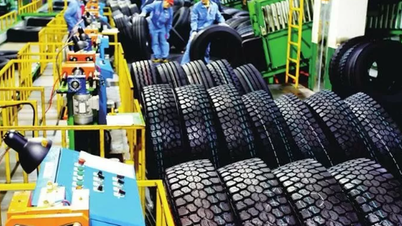


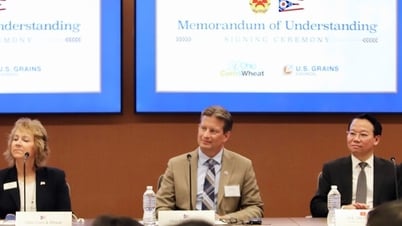





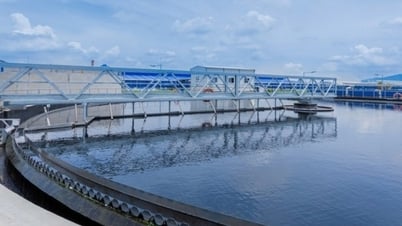
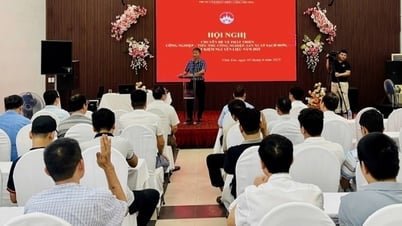

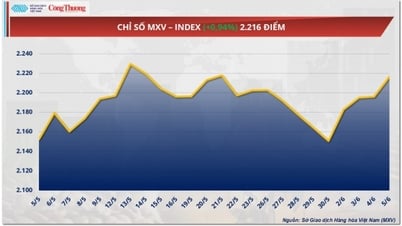















































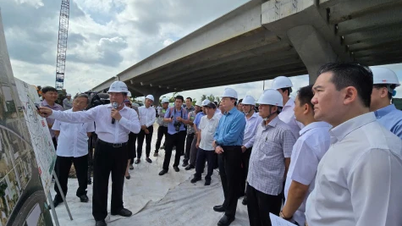

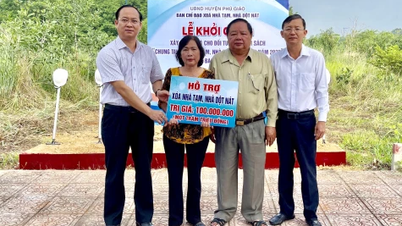
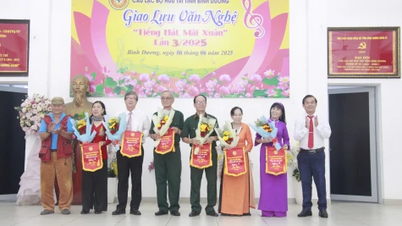
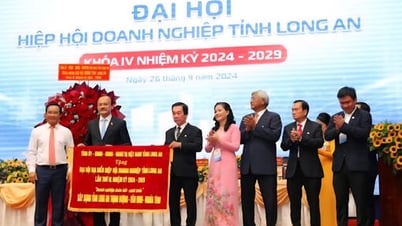

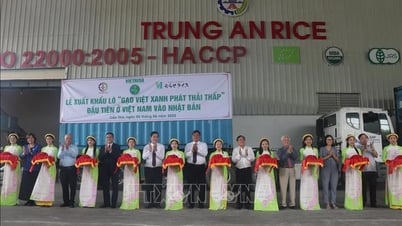


















Comment (0)